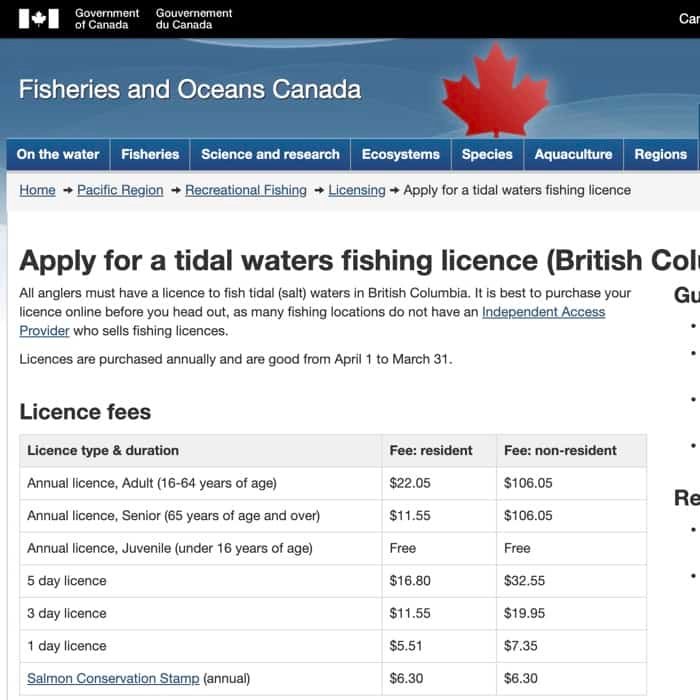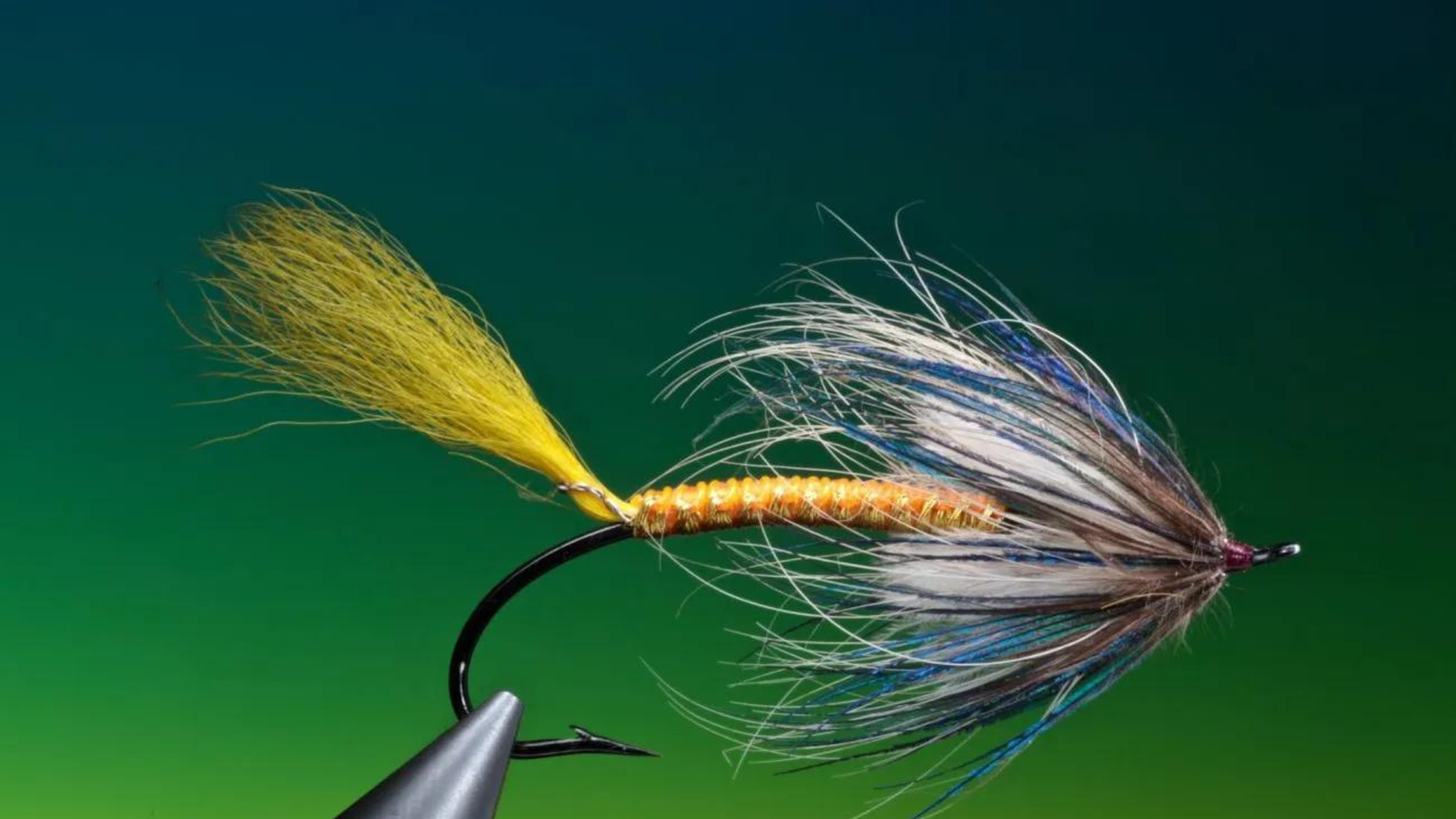Getting a salmon fishing license is the first step to legally enjoying the thrill of salmon fishing in many regions. Here’s a comprehensive guide on how to obtain your salmon fishing license, covering the process, requirements, and benefits.
Understanding the Importance of a Salmon Fishing License
A salmon fishing license is not just a legal requirement but also supports conservation efforts and helps manage fish populations sustainably. It ensures that anglers contribute to the preservation of salmon habitats and ecosystems while enjoying their fishing experience.

How to Get a Salmon Fishing License
Researching License Requirements
Before applying for a salmon fishing license, research the specific requirements in your region or state. Regulations can vary widely, including different license types based on residency, age, and the type of fishing (e.g., freshwater vs. saltwater). Knowing these details ensures you apply for the correct license.
Locating Authorized Issuers
Identify authorized issuers of salmon fishing licenses in your area. These could include government agencies, local fishing authorities, or authorized vendors such as sporting goods stores, bait shops, or online platforms. Ensure the issuer is authorized to issue licenses for the specific waters you intend to fish.
Gathering Necessary Documentation
Prepare the required documentation before applying for your salmon fishing license. This typically includes personal identification such as a driver’s license or passport, proof of residency if applicable, and payment for the license fee. Some regions may also require additional permits or stamps for specific types of fishing.
Applying for Your License
Once you have gathered all necessary documentation, apply for your salmon fishing license through the authorized issuer. This can often be done in person at a physical location, online through a designated website, or by mail. Follow the instructions provided by the issuer to complete your application accurately.
Understanding License Fees and Validity
Be aware of the license fees and validity period associated with your salmon fishing license. Fees can vary depending on factors such as residency status and duration of the license (e.g., annual, seasonal). Understand the terms of your license, including any catch limits, regulations, and conservation measures you must adhere to.
Renewing or Replacing Your License
Keep track of your salmon fishing license’s expiration date and renewal requirements. Depending on your region, licenses may need to be renewed annually or at specified intervals. In case of loss or damage to your license, know the process for obtaining a replacement to ensure you remain compliant with fishing regulations.
Conclusion
Obtaining a salmon fishing license is essential for legally enjoying the sport of salmon fishing while contributing to conservation efforts. By understanding the requirements, locating authorized issuers, and adhering to regulations, you can ensure a fulfilling and responsible fishing experience. Remember to renew your license as needed and respect fishing regulations to preserve salmon populations for future generations of anglers. Happy fishing!



